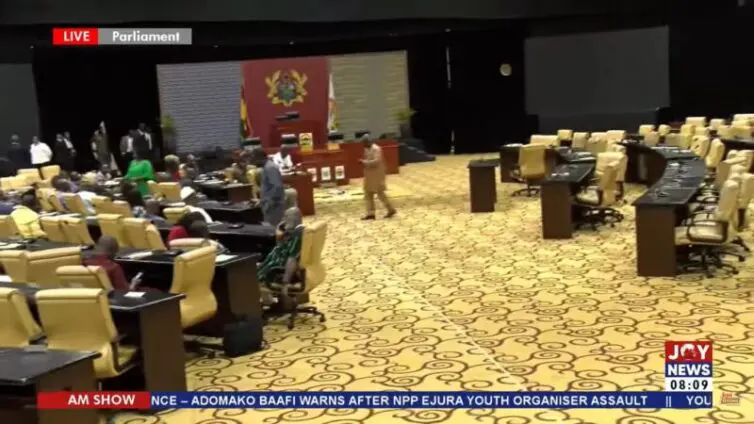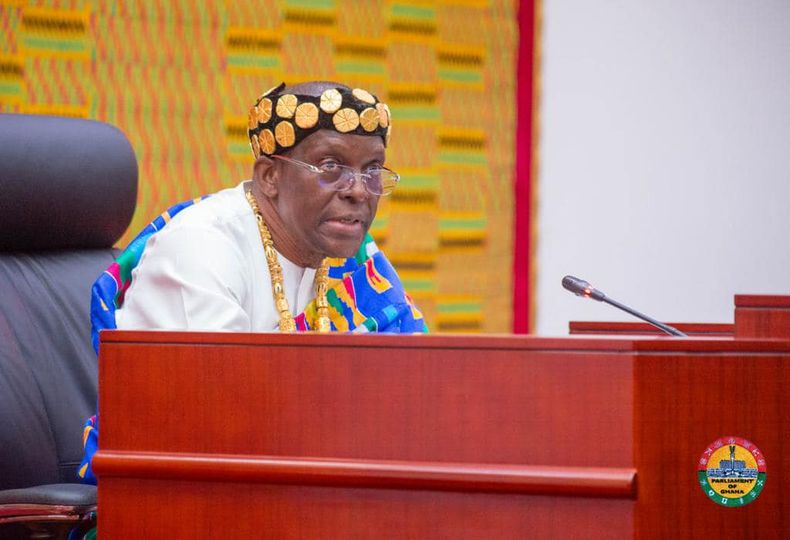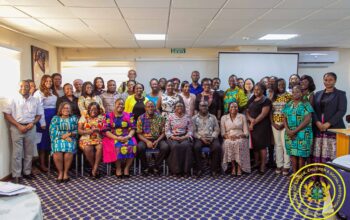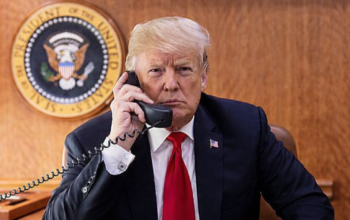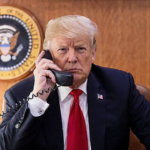The sitting in Ghana’s Parliament on October 17, 2024, saw Speaker Alban Bagbin declare four parliamentary seats vacant. This has triggered a significant shift in the balance of power. The affected MPs had switched party allegiance or decided to contest the upcoming 2024 elections as independent candidates or under different political parties. The declared vacant seats include constituencies like Fomena, Suhum, Amenfi Central, and Agona West.
This ruling alters the composition of Parliament, reducing the New Patriotic Party (NPP) seats to 135, while the National Democratic Congress (NDC) now holds 136, making them the majority. The declaration has sparked debate, with the NPP opposing the process, citing constitutional procedures for removing MPs, while the NDC sees it as a positive sign ahead of the December general elections.
Parliament remains in a tense atmosphere, with neither side firmly controlling the house as they await further developments. The recent developments in Ghana’s Parliament involve significant shifts in power dynamics, as Speaker Alban Bagbin declared the seats of four MPs vacant. This decision came after petitions from the National Democratic Congress (NDC) Minority Caucus, which pointed out that these MPs had violated constitutional provisions by either leaving their parties or contesting elections as independent candidates. The MPs affected include Cynthia Morrison, Kwadwo Asante, Andrew Asiamah Amoako, and Peter Kwakye-Ackah. As a result of these vacancies, the balance of power in the hung Parliament, which was initially tilted towards the ruling New Patriotic Party (NPP), now appears to favour the NDC.
The Speaker’s decision has sparked considerable debate within and outside Parliament, contributing to an intense political atmosphere. This has led to some moments of contention, including instances where both NPP and NDC MPs have tried to assert dominance in the chamber.
These parliamentary shifts could have lasting implications for legislative actions and political strategies in the lead-up to Ghana’s future elections.
